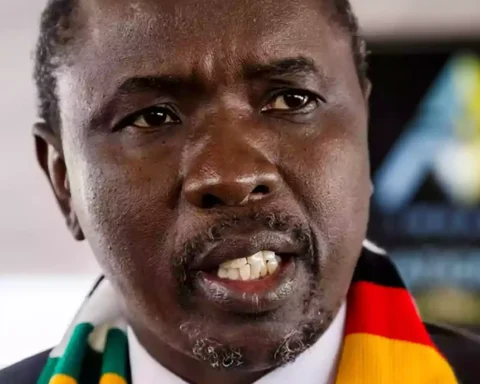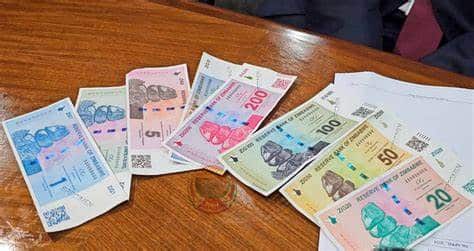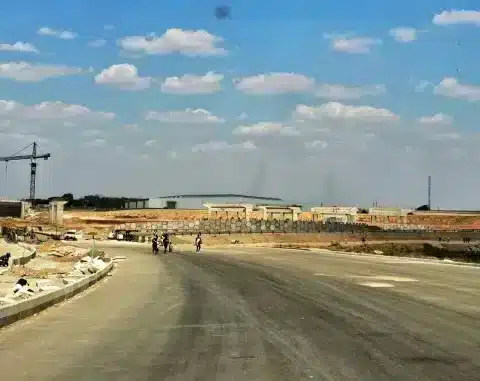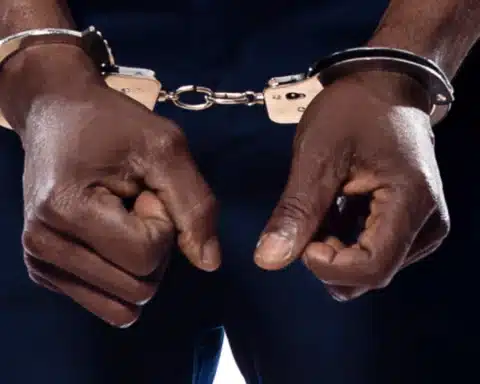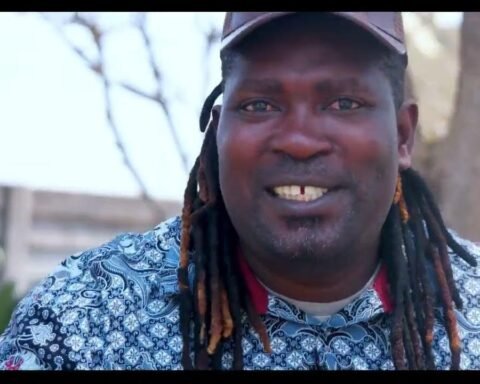Vice-President Emmerson Mnangagwa’s stunning claims that he was not responsible for the Gukuruhundi massacres show that he is prepared to throw President Robert Mugabe and some of his key backers under the bus if the going gets tough, his critics have said.
Mnangagwa told a British magazine recently that those who blamed him for the deaths of over 20 000 mostly Zapu supporters from Matabeleland and Midlands at the hands of the army’s Fifth Brigade were out to tarnish his image.
“I was not the enforcer,” he was quoted saying. “I was not the president, the minister of Defence and not the army commander.”
Although the late General Solomon Mujuru was the army commander at the time, current Zimbabwe National Army Commander General Constantino Chiwenga and Airforce of Zimbabwe commander Air Marshall Perrence Shiri were the leading figures during one of the country’s darkest periods.
Former Home Affairs minister Dumiso Dabengwa, now the revived Zapu leader, told an event organised by pressure group Ibhetshu Likazulu on Unity Day in Bulawayo that Mnangagwa’s shock statements showed that the time for the key figures behind the atrocities to expose each other was nigh.
Zapu secretary-general, Strike Mnkandla told The Standard that the statements showed the vice-president would try and pass the buck to avoid taking the blame.
“I was surprised that for someone who is so high in the system, the vice-president would come across as if he is passing the buck to someone else,” he said.
“He should be telling us that they are owning up as a collective to this.
“He should tell us what was their collective stance during the atrocities and what is their collective response to the matter now.
“Then we can come to the issue of individual roles, what we want now is the collective responsibility.
“It is surprising that President Robert Mugabe has been the only one to come close to admitting when he described it as a moment of madness.”
Mnkandla added: “The vice-president should also tell us what the way forward is, if at all the people that he was pointing fingers at should be taken to The Hague or what.”
The top Zapu official said the statements also pointed to an urgent need for a truth and reconcialition process in Zimbabwe.
“Now that they have a peace and reconciliation commission, they should speed up the process,” he said.
“Those who admit responsibility should tell us what it is that they authorised, if there were any errors of judgement or was just deliberate killings.
“They can then seek forgiveness and apologise. Besides the perpetrators, there must be the involvement of the families, the victims. We need to know how they will be compensated, and more importantly, they should be able to say if they offer any forgiveness for the perpetrators of the atrocities.
“There are a lot of issue involved here such that the vice-president cannot pass so glibly over the matter.”
Bhetshu LikaZulu secretary-general, Mbuso Fuzwayo, said Mnangagwa’s denials were a sign of poor leadership.
“What is problematic about Mnangagwa’s stance is that if he is denying any responsibility, then he is exhibiting leadership failure on his part,” he said.
“A leader takes responsibility, admits that there is a mess and he is responsible.
“Mnangagwa’s history and role in terms of Gukurahundi is well-documented; his footprints are so clear that even a hailstorm cannot wipe them out.
“The only honourable thing that he can do is to apologise. He must just tell us what he did, and who had sent him, if he insists he is not responsible.”
Standard

